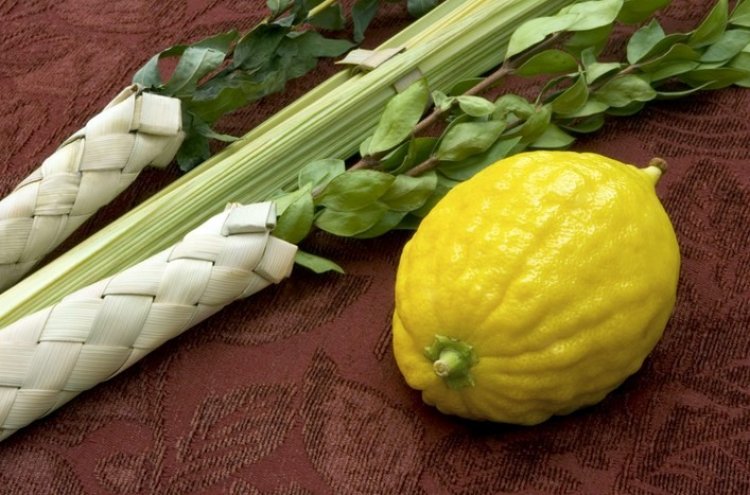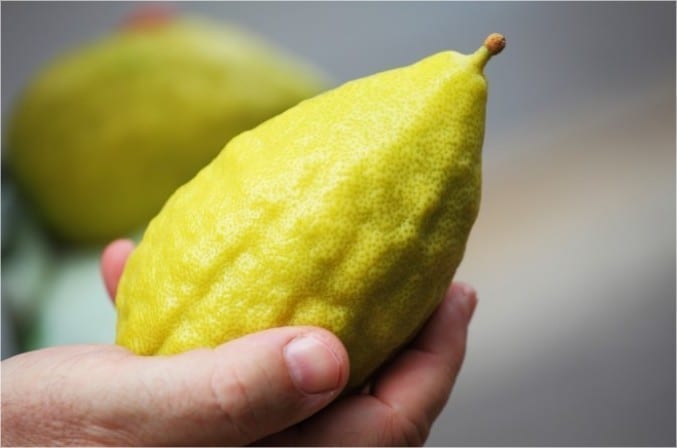Hello, Rabbi. It’s known that on Rosh Hashana everything is judged by G-d. Then we have the Ten days of Repentance and Yom Kippur and G-d mercifully forgives our sins in His great compassion. I would like to know how the process works from Rosh Hashana to Hoshana Rabbah. I heard that until Hoshana Rabbah, the final judgment isn’t signed. What can one do so he can feel assured about his verdict? So we can know that we got a good and blessed year? Thanks.
Answer:
Greetings.
After our verdict was signed, the sentences are still not delivered to the agents who will be carrying them out after Hoshana Rabbah. On Hoshana Rabbah they are delivered to the agents but they still don’t have permission to act on them until Simchat Torah.
This is what the Book of the Heritage writes in Chapter Eight:
Our ancient sages described the situation as follows: ”The heavenly kingdom is like the earthly kingdom, and the judicial process is similar.
In an earthly kingdom, a merciful and righteous king who sits in judgment, if he finds a merit, he will immediately decide the case to the side of merit. And if not — he will delay while the defense tries to find exonerating circumstances and will only afterwards decide the law. If he decided on a merciful judgment, he announces it right away, and if not — he delays his judgment in case a merit can be found so he can tear up the verdict and instead give a lenient verdict.
In the end, the sentences are given to the heavenly agents to act on, whether for death or life. If the verdict is for mercy — it can never be exchanged for one of strict judgment. But if the verdict is for strict judgment, it can be exchanged for a merciful judgment at the last second.
How is this done? If a certain person who rebelled against the king receives a severe verdict, and the king’s officials come to the condemned person’s house and find that he venerates the king and rejoices in his kingdom and accepts all his decrees with joy — what do they say? ‘This can’t be the person on whom this decree was passed. This person looks completely different.’ They return to the king and he agrees with them and says the man’s a different person. So they tear up his verdict and sign him for a good life!
It’s the same with the heavenly kingdom. On Rosh Hashana all creations pass before G-d. Completely righteous people are written down and signed for life, while average people are held in abeyance until Yom Kippur and then their verdict is signed on this day. The final signature is made on Hoshana Rabbah and is held up until the morning of Shmini Atzeret. That’s why we spend much time in prayer and supplications on Hoshana Rabbah, the seventh day of Sukkot, and why we try to arouse ourselves to repent and why we seek G-d’s compassion. Even if we had a terrible verdict, it will be torn up and heaven will write for us a good verdict.
Best regards,
Binyamin Shmueli





